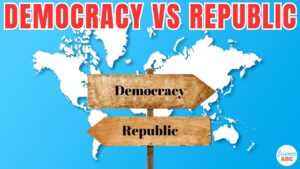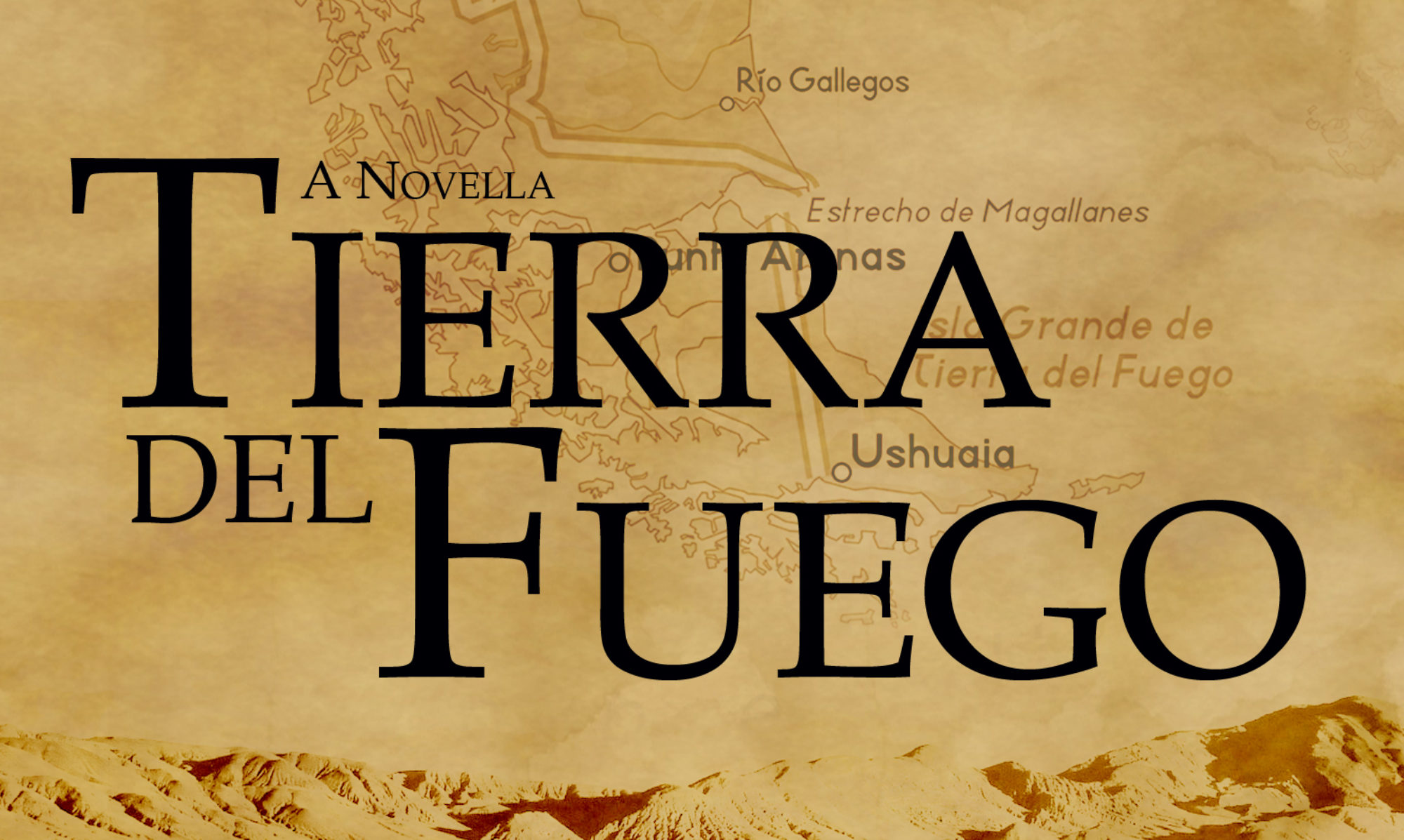 It has become fashionable as of late for Republicans–especially the MAGA variety–to claim that the United States is not a democracy, but is instead a constitutional republic. Sen. Mike Lee (R-UT) made a big splash when he wrote on X (formerly Twitter) that the United States is not a democracy. He followed up that tweet with an op-ed in which he tried to support his point with a lot of words, but was never quite able to make the case.
It has become fashionable as of late for Republicans–especially the MAGA variety–to claim that the United States is not a democracy, but is instead a constitutional republic. Sen. Mike Lee (R-UT) made a big splash when he wrote on X (formerly Twitter) that the United States is not a democracy. He followed up that tweet with an op-ed in which he tried to support his point with a lot of words, but was never quite able to make the case.
The reason Sen. Lee failed to make his case is because there is almost no difference in the way we understand the words “democracy” and “republic.” For instance, the American Heritage Dictionary defines “republic” as:
“A political order in which the supreme power lies in a body of citizens who are entitled to vote for officers and representatives responsible to them.”
That describes what we have in the United States.
The definition of “democracy” is:
“Government by the people, exercised either directly or through elected representatives.”
That applies to us too.
So, which are we? Is the United States a democracy or a republic? Yes.
People who argue that the United States is a republic, not a democracy, don’t seem to understand that they are virtually the same thing. They mean the same thing to us today, and they meant the same to the Founders.
What supporters of the “We are a republic, not a democracy” way of thinking would have you believe is that a democracy requires every citizen to have a say in the running of the government. What they are referring to is direct or pure democracy. That’s not the kind of democracy we have (although ballot initiatives and referendum could fairly be described as direct democracy).
What we have in the United States is a representative democracy. It is what most Americans think of when we say “democracy” and it is what the Founders were thinking of when the United States was created.
One of those Founding Fathers, and one of our first Supreme Court Justices, James Wilson, compared the three forms of government–monarchical, aristocratical, and democratical–saying that only in a democracy is the sovereign power “inherent in the people, and is either exercised by themselves or by their representatives.”
Chief Justice John Marshall echoed Wilson’s sentiments when he was leading the fight to ratify the Constitution in Virginia. He called the form of government being implemented a democracy, and compared it favorably against despotism. He did not add the qualifier “representative” to his description of the democracy. It was understood by Founders and citizens alike that when the term “democracy” was used, a representative democracy was being referred to.
The “republic, not democracy” crowd likes to point to James Madison’s comments in Federalist 10, Federalist 14, and Federalist 51, in which he speaks with disfavor about democracy. “In a democracy, the people meet and exercise the government in person; in a republic, they assemble and administer it by their representatives and agents. A democracy, consequently, will be confined to a small spot. A republic may be extended over a large region.” (Federalist 14)
But a full reading of the text reveals that Madison was talking about direct democracy in these instances. The idea of democracy was appealing to the founders, but they rightly feared that majority rule could turn into mob rule when the passions of the citizenry was inflamed.
Alexander Hamilton, Madison’s co-author in the Federalist Papers, addressed this concern in a letter to Gouverneur Morris when he wrote, “A representative democracy, where the right of election is well secured and regulated & the exercise of the legislative, executive and judiciary authorities, is vested in select persons, chosen really and not nominally by the people, will in my opinion be most likely to be happy, regular and durable.”
It was not unusual for the Founders to use the terms “democracy” and “republic” interchangeably. For instance, both Madison and Hamilton wrote about Rome, referring to it as a “republic” despite the fact that it was a direct democracy. The synonymous use of the words was common and occurred throughout the Federalist Papers.
This interchangeability became the consensus view among the Founders. Throughout their public writings, private papers, and speeches, they referred to the United States as both a democracy and a republic. By the time the Constitution was completed, there was no confusion about what a speaker meant when he used either term.
The Founders wanted power over the government to rest in “the people” (or more accurately, the Founder’s limited view of “the people”), but they understood that they needed a constitution that set out the rules for a more sober democracy, and checks and balances between the three branches of government that would restrain the power of any one branch.
What the Founders set up has been variously referred to as a “democracy,” a “republic,” a “constitutional democracy,” a ‘constitutional republic,” a representative democracy,” a “representative republic,” and a “democratic republic.” All different terms. They all mean the same. Technically, you could call the United States a “constitutional representative democratic republic” and you’d be correct.
By the mid-1800s, the thought of a direct democracy was all but gone. No one thought of “direct democracy” when they heard “democracy.” In fact, there was no distinction between “democracy” and “republic.”
President Abraham Lincoln, in the days leading up to the Civil War, gave a speech in which he referred to the war as a “great test of popular government,” and used the words “constitutional republic” and “democracy” synonymously to describe our American form of government.
Today, no one is confused by what is meant when we call our form of government a democracy or a republic. Either way, we think the exact same thing as we would if the other term had been used instead.
The more interesting question to me is, why does Sen. Mike Lee and other MAGA Republicans want to make us believe that the United States is a republic instead of a democracy, or that there is a significant difference between the two? I think the answer is pretty simple and straight forward.
If you’re familiar with what former President Donald Trump intends to do if he finds his way back to the White House, then you know that much of his agenda is anti-democratic. He wants to restrict the ability of some people to vote. He wants to use the military to quell protests. He wants to usher in a government based on Christian Biblical principles. He wants to fire as many as 50,000 government employees and replace them with his loyalists (i.e. people who will carry out his agenda, whether it’s legal or not). He wants to arrest and jail his political opponents. He has advocated for all of these policies, and they are all anti-democratic.
It will be a lot easier to implement anti-democratic laws and policies if MAGA officials can convince the country that we’re not a democratic nation. If we’re not a democracy, then MAGA’s anti-democratic laws and policies won’t be overthrowing our democracy. They’ll just be laws and policies, no different from what we’ve seen in the past.
Of course, they will be very different from what we’ve seen in the past. But if Donald Trump, Mike Lee, and other MAGA leaders can disabuse us of the notion that we are a democracy, and can damage or destroy our trust in democratic institutions such as the DOJ, FBI, administrative agencies, the legislature, and the judiciary, then it will be much easier to do away with these institutions completely or replace them with anti-democratic institutions much more friendly to the MAGA agenda.
The next time you hear someone tell you that the United States is not a democracy, and they try to convince you that we’re a republic, ask them to explain the difference. If they’re honest, they won’t be able to. Their argument is a distinction without a difference.
